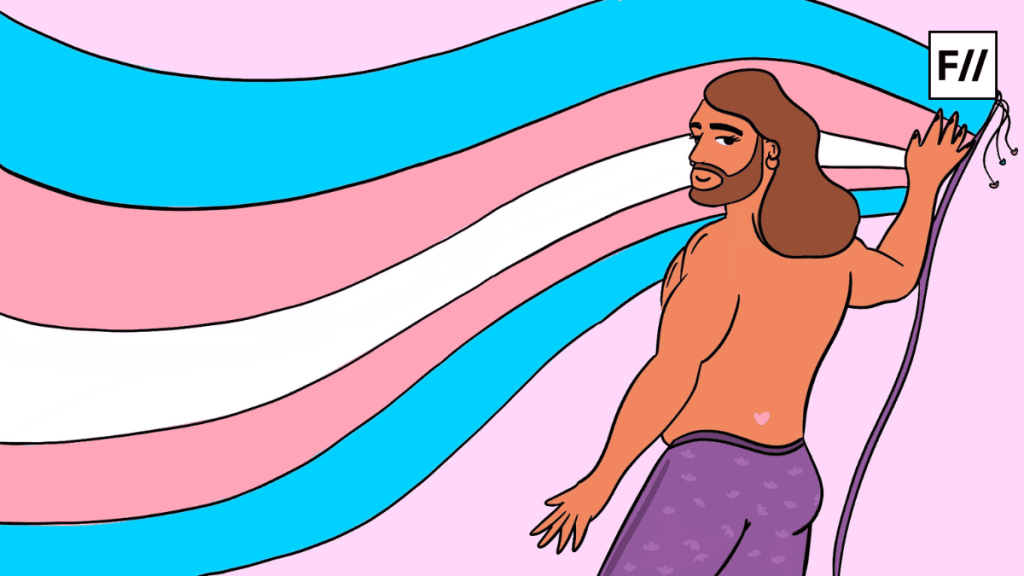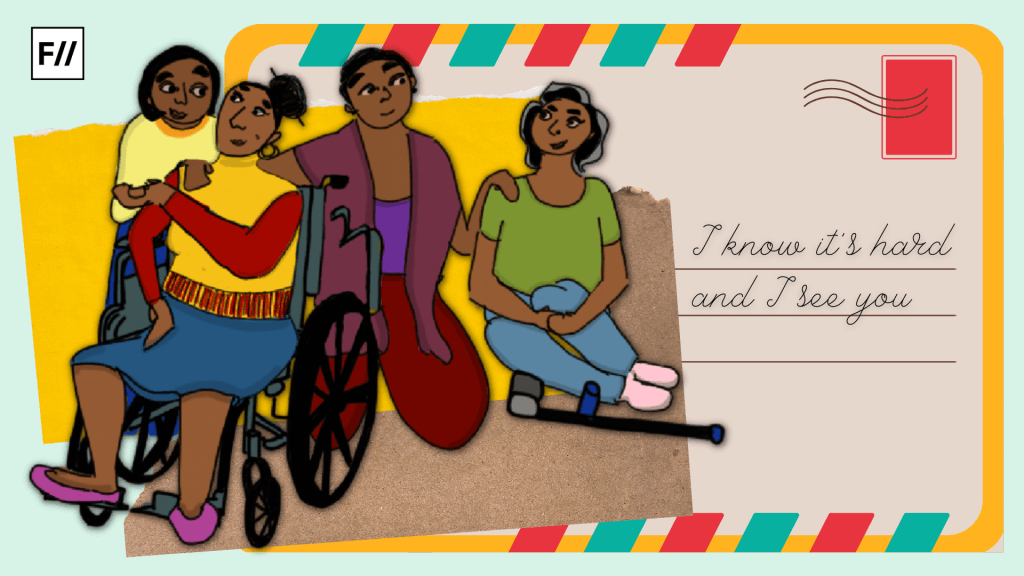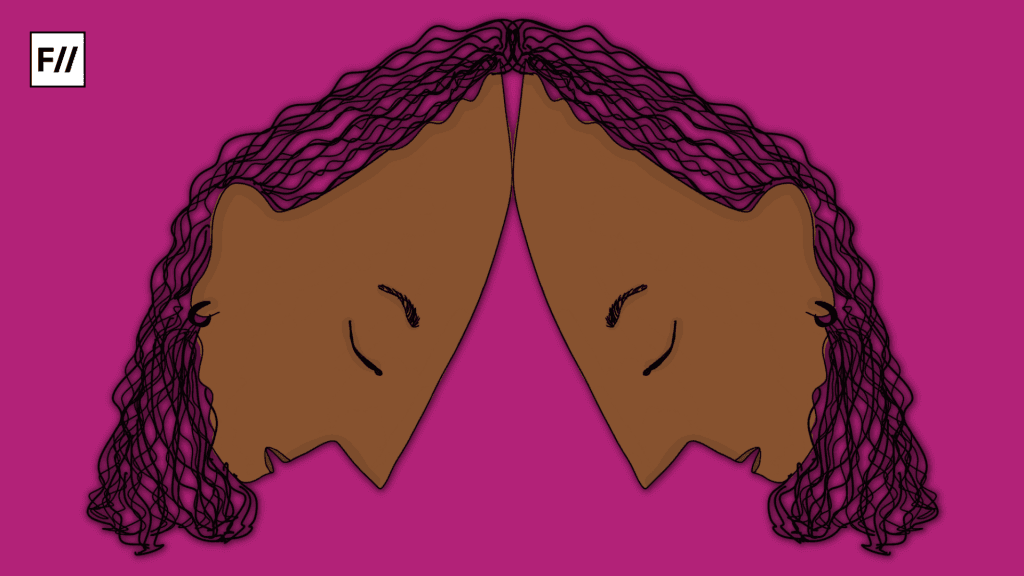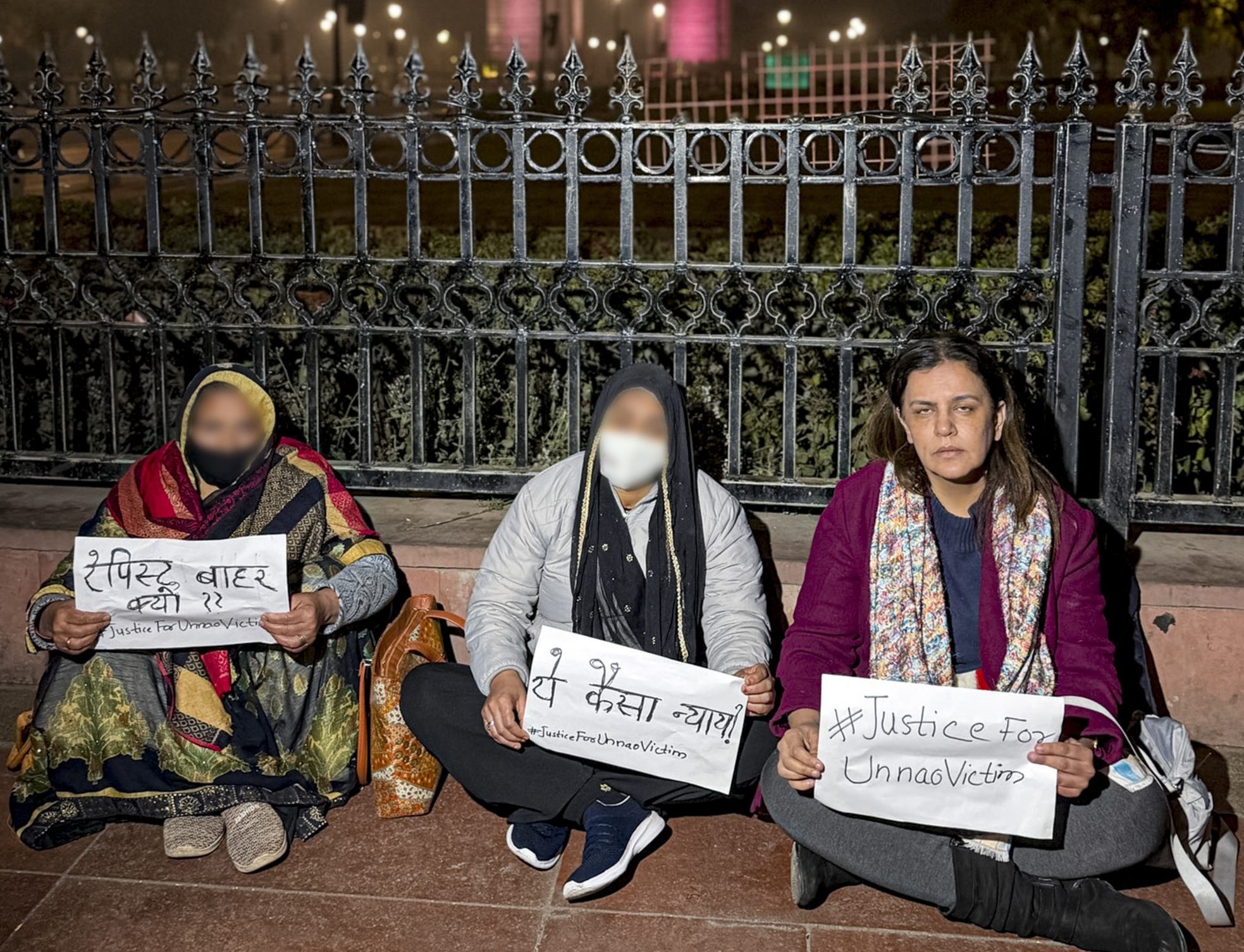Over the last few years, the legal framework in India has started to incorporate the idea of accessibility and visibility in its laws and Acts. For instance, the Rights of Persons with Disabilities (RPWD) Act, an Act surrounding disability, was amended last year as the Rights of Persons with Disabilities (Amendment) Rules, 2023 to increase and ensure accessibility in terms of Information and Communication Technology.
While it is a positive indication that the legal framework is becoming more inclusive, there are very few queer-affirmative laws and a rise of queerphobic advisories. For instance, a queerphobic advisory was issued by the National Medical Commission (NMC) for a revised Competency-Based Medical Education Curriculum Guidelines in August 2024 that categorised sodomy and lesbianism as “unnatural sexual offences” and removed the mandatory requirement of at least seven hours of disability competencies.
Several inadequacies in the form of sexist, queerphobic, and ableist laws continue to exist in the Indian legal framework. These laws are often seen in isolation and fail to address the overlapping needs of various identities due to their roots in the socially conservative heteronormative society and a lack of representation amongst lawmakers. While there are laws such as the Rights of Persons with Disabilities (RPWD) Act of 2016 and the Transgender Persons (Protection of Rights) Act of 2019 that act as turning points and have contributed significantly in addressing the social stigma surrounding people who have a specific marginalised identity and the ableist construct of the society while empowering individuals, they include multiple loopholes and are highly inadequate in providing protection and accessibility to people who have multiple marginalised identities such as queer people with disabilities.
Lack of gender markers and intersectionality in the Transgender Persons (Protection of Rights) Act
The Transgender Persons (Protection of Rights) Act of 2019 is a landmark law when it comes to providing legal protection for transgender individuals by ensuring their right to identify themselves and access public services without any discrimination. However, the Act makes use of ambiguous language by including terms/phrases such as “person with intersex variations,” that do not address the distinct non-binary and genderfluid queer identities and hence, fail to provide them with any legal protection.

While the Act provides legal recognition, there is an absence of legal frameworks which allow people to select their identity as “non-binary” or “androgynous.” The lack of gender marker provisions in the Act makes it highly exclusive as it prevents queer individuals having multiple marginalised identities from accepting and asserting their identity while making them prone to violence from people who consider non-conformity as something outrageous. They are forced to choose an identity they do not resonate with which reinforces heteronormative societal norms that are exclusive and further reinforces the idea of gender as a binary.
The Act lacks provisions regarding how hormonal treatment and mental health services that are essential for intersex, non-binary, and gender-fluid people should be carried out safely, making the Act extremely problematic towards certain queer identities.
Chapters IV and V of the Act clearly state that the Government is obligated to take steps such as formulating and prescribing welfare measures which are “transgender sensitive, non-stigmatising and non-discriminatory” in the form of “necessary medical care” and “welfare schemes.” However, the Act does not include any specific information in the form of further steps of action about how healthcare and social support can be provided to queer individuals. Moreover, the Act lacks provisions regarding how hormonal treatment and mental health services that are essential for intersex, non-binary, and gender-fluid people should be carried out safely, making the Act extremely problematic towards certain queer identities.
In addition to it, the Transgender Persons (Protection of Rights) Act of 2019 turns out to be even more problematic for disabled queer individuals as it treats the rights of transgender people in isolation. The Act includes provisions for accessibility by stating the need to ‘facilitate access to transgender persons in hospitals and other healthcare institutions and centres’
RPWD act not recognising ‘neurodivergence’ as a disability
The first impression that we get as soon as we hear the word ‘disability,‘ is in the physical sense, like a person is not able to walk, see, hear, or speak properly. The Rights of Persons with Disabilities (RPWD) Act of 2016 played a significant role in breaking away the stereotype associated with disability by broadening its definition beyond physical impairments by recognising Autism Spectrum Disorder (ASD), speech and language disability, intellectual disability, and specific learning disabilities such as Dyslexia, Dysgraphia, Dyscalculia, Dyspraxia, and Developmental Aphasia as disabilities.

However, at the same time, the Act also reinforces the idea that neurodivergence is not a disability by not explicitly recognising Attention Deficit / Hyperactivity Disorder (ADHD) as a disability and by not including the ‘neurodivergence‘ anywhere in the Act. The majority of people do not consider medical conditions such as ADHD or neurodivergence as a disability.
Despite this, as per a report published by the National Institute of Mental Health and Neurosciences (NIMHANS), “Nearly 2 million Indians are neurodivergent and it is increasing in rate as an inherent part of human diversity and neurocognitive functioning.” Moreover, additional studies also state that “Around 15-20 per cent of the human population is neurodiverse – including up to 10 per cent diagnosed with dyslexia, 5 per cent with ADHD (attention-deficit/hyperactivity disorder), and 1-2 per cent with autism.“
Language plays a critical role when it comes to the law as it dictates its implementation and clarifies the intent and meaning behind the law along with how it is enforced and understood by the lay public. If ambiguous terms are used in Acts like the Transgender Persons (Protection of Rights) Act, they result in a biased judgement and end up depriving people of their rights. Therefore, the exclusion of the terms ‘ADHD‘ and ‘neurodivergence,’ in the legal framework of the RPWD Act has dire consequences for neurodivergent people, especially queer individuals who suffer from neurodevelopmental or cognitive disabilities.
Lack of intersectionality in the Mental Healthcare Act
The Mental Healthcare Act of 2017 makes sure that people can get access to mental health care and services. While Chapter II of the Act focuses on inclusivity by preventing mental healthcare practitioners from determining the mental illness of a person based on their identity, the Act is not intersectional as it does not include any provision for specialised services and access for queer individuals, let alone disabled queer individuals, who face discrimination in multiple forms ranging from ableism and casteism to transphobia and homophobia due to their marginalised identities.
Mental health is an important part of both queer and disabled identities as when a queer person’s gender and sexual orientation are disregarded or dismissed and they do not get access to a safe healthcare environment due to the biases held by medical practitioners, which further leads to the development of trauma and mental health illnesses. According to Adrija Chakraborti, the founder of the Mental Health Movement (MHM) Clinic, Trauma that develops into Post Traumatic Stress Disorder (PTSD) is exacerbated for individuals with disabilities or neurodivergence. She explains how individuals with disabilities face additional barriers, especially those with neurodivergence, whose sensory differences can intensify the trauma as “One thing that is heightened in people with neurodivergence is sensory differences… the sensory experience can escalate to unimaginable pain.“
Therefore, the lack of public knowledge and understanding surrounding the problems faced by neuroqueer people along with the lack of intersection between the queer and disabled identities in both the Mental Healthcare Act and the RPWD Act deprives disabled queer individuals of their right to get access to adequate medical services and support that would help them meet their needs and navigate the world.
In addition to the three acts mentioned above that explicitly deal with either healthcare or queer individuals making them have a direct impact on disabled queer individuals, there is another law that leaves a gap for queer individuals.
No explicit recognition of queer identities in the PWDV Act
The Protection of Women from Domestic Violence Act of 2005 grants protection to women from domestic violence by considering it a violation of the Fundamental Right to Equality. Chapter II of the Act includes multiple definitions of domestic violence and rightfully places physical abuse, sexual abuse, verbal and emotional abuse and economic abuse along with dowry under the realm of domestic violence inflicted on any person. However, the Act limits the definition of the ‘aggrieved person,’ as a woman as per the categorisation of an ‘aggrieved person,’ in Chapter I of the Act as given as “any woman.”

The Act does not explicitly recognise queer identities as it focuses merely on protecting cis-gender women who are in heterosexual relationships, making it difficult for disabled queer individuals to get access to help and escape abusive households. Disabled queer people are prone to additional forms of domestic violence such as not being allowed to access medications and mobility tools, isolating them from the community, or abusing their identity to gain control override their autonomy. These forms of violence and abuse are not recognised in the Act, preventing them from seeking shelter and support and accessing domestic violence resources mentioned in the Act.
In addition to it, the majority of the shelters’ homes and facilities are not inclusive as they are neither physically accessible nor gender-sensitive which results in queer and disabled people not getting the support that they need but get subjected to even more discrimination.
The lack of intersection of disability and queer identities, especially in the legal framework results in queer people with disabilities facing an intricate set of challenges such as difficulty overcoming economic barriers in the form of discrimination at the workplace, worsening mental health and development of mental health illnesses such as Post-Traumatic Stress Disorder (PTSD) due to physical, emotional, or sexual abuse. Even in the existing laws, the use of ambiguous language along with a serious lack of empathy amongst the people implementing the laws makes it extremely difficult for disabled queer people to get access to adequate support.
About the author(s)
Neha (She/They) is a neurodivergent queer writer who illustrates occasionally. A student of media and gender studies, Neha is critical of the patriarchal and heteronormative world around her and looks at it from the political lens of intersectionality. Although socially introverted, you can find Neha getting out of her shell and interacting with people, getting to know their experiences, and analyzing how the biased structure of the society impacts the marginalized.





